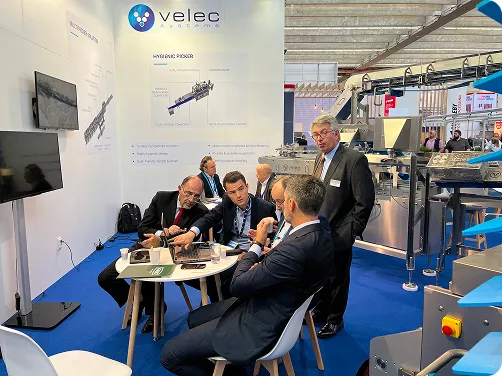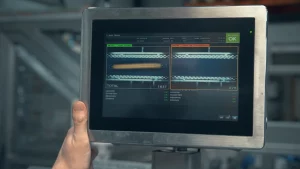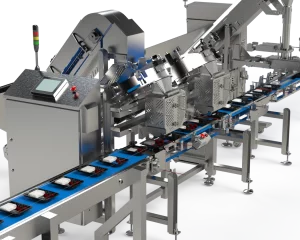Filling machines are essential in various industries such as food, beverage, and pharmaceuticals. However, they also come with potential safety hazards that can put workers at risk of injuries and accidents. It is, therefore, crucial for businesses that use filling machines to prioritize safety by implementing safety measures and procedures that ensure the well-being of their workers. In this article, we will explore some practical filling machine safety rules that can help keep your workers safe. By following these tips, you can reduce the risk of accidents and injuries, improve productivity, and create a safer work environment for your employees.
Maintain the FIlling Machine Regularly
Maintaining your filling machine regularly is crucial for several reasons. Firstly, it helps prevent breakdowns and malfunctions, which can lead to downtime and production delays. By keeping the machine in good working condition, you can avoid costly repairs and replacements and ensure your operations run smoothly. Regular maintenance can also improve the machine’s efficiency, leading to increased productivity and reduced costs. A well-maintained filling machine operates more efficiently, using less energy and reducing waste, which can help lower your overall operating costs.
Additionally, regular maintenance is essential for ensuring worker safety. Malfunctioning machines can pose serious safety risks to employees, leading to accidents and injuries. By regularly inspecting and maintaining your filling machine, you can reduce the risk of workplace accidents and create a safer working environment for your employees.
Do Safety Training Presentations With Your Employees
Providing filling machine safety training presentations for your employees is crucial for ensuring their safety in the workplace. It equips them with the knowledge and skills they need to identify potential hazards, avoid accidents, and respond appropriately in case of an emergency. By providing regular safety training, you can also ensure that your employees are up-to-date with the latest safety procedures and create a culture of safety within your organization. This can help reduce the risk of workplace accidents, improve productivity, and protect your business from legal liabilities.
Clean the Machinery Properly
Cleaning the filling machinery properly is essential for several reasons. Firstly, it helps prevent contamination of the products being filled, which can be a serious health hazard and lead to product recalls and legal liabilities. Regular cleaning can also prevent the build-up of debris and residue, which can cause malfunctions and breakdowns, leading to costly repairs and downtime.
Additionally, clean machinery operates more efficiently, using less energy and reducing waste. This can help lower your operating costs and improve your bottom line. Proper cleaning is necessary to maintain worker safety. A build-up of debris and residue can create slip and fall hazards, while contaminated machinery can expose workers to harmful bacteria. By ensuring your filling machinery is cleaned regularly, you can create a safer working environment.
Have Warning Signs On & Around The Filling Machine
Having warning signs on and around the filling machine is essential for ensuring worker safety. It alerts employees to potential hazards, reminds them of safety precautions, and helps prevent accidents and injuries. Warning signs can also help ensure that unauthorized personnel stays away from the machine, reducing the risk of accidents and improving overall workplace safety. By making sure that warning signs are clear, visible, and up-to-date, you can create a safer working environment for your employees and protect your business from legal liabilities.
If you want to invest in automated filling machines, look no further than Multi-Fill . We offer ideal food filling machines for:
- Rice & Pastas
- Salads
- Vegetables and Fruits
- Meats
- And more!
Contact us today to learn more about filling machine safety.



